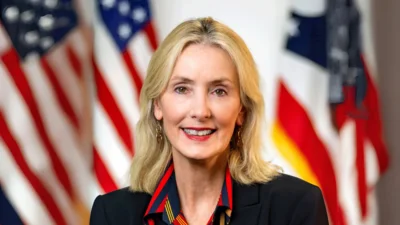Dean Rieck Executive Director | Buckeye Firearms Association
Dean Rieck Executive Director | Buckeye Firearms Association
The United Nations' Global Framework for Through-Life Conventional Ammunition Management recently concluded its first formal meeting in New York, sparking concerns among advocates of the Second Amendment. The framework, developed by the UN Office for Disarmament Affairs (UNODA), aims to enhance the safety and security of ammunition under government control. However, critics argue it poses a threat to national sovereignty, particularly that of the United States.
During the negotiations, GRULAC nations sought to expand the framework's scope beyond government-controlled ammunition. A last-minute attempt by Mexico to include language requiring ammunition marking "in line with" the framework's objectives was viewed as a move towards regulating civilian ammunition markets. This could have led to international obligations affecting American manufacturers and users without congressional approval.
The U.S. delegation successfully excluded such provisions from the final report, despite limited support from allies. Russia dissociated itself from the framework, citing ignored concerns and opposition to "gender perspectives" within what they consider a technical instrument.
Concerns were also raised about anti-firearm activists influencing discussions through advisory roles within the Secretariat. These individuals reportedly pushed for expanding obligations into civilian areas despite established boundaries.
The Group of Governmental Experts will play a significant role in shaping the framework through informal meetings. The U.S. delegation ensured representation from user groups and manufacturers while maintaining focus on government-held stockpiles.
The National Rifle Association (NRA) remains engaged in monitoring these developments, committed to countering efforts perceived as undermining lawful civilian ownership and constitutional rights.
As future meetings approach, supporters of the Second Amendment are urged to stay vigilant against potential implications for domestic policy proposals and international trade negotiations.






 Alerts Sign-up
Alerts Sign-up